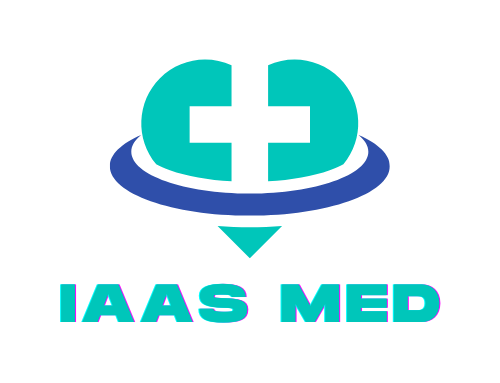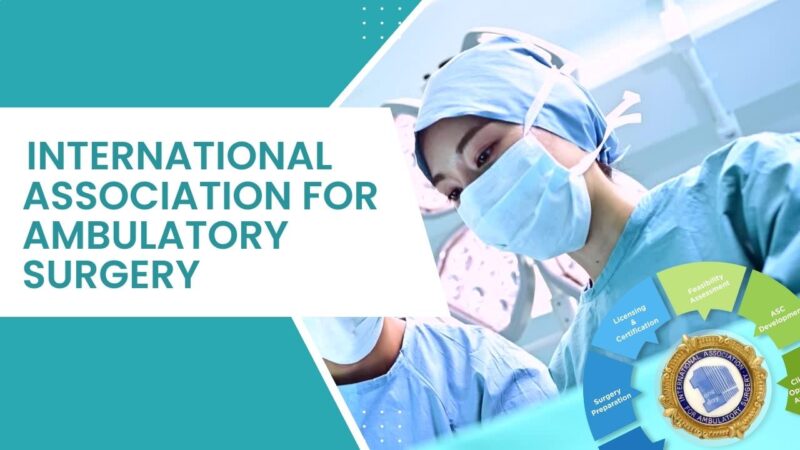The International Association for Ambulatory Surgery (IAAS) plays a pivotal role in global health. This organization has been instrumental in promoting best practices in ambulatory surgery and has significantly contributed to the improvement of surgical care worldwide.
Today we’ll talk about the various ways the IAAS impacts global health. Ambulatory surgery, also known as outpatient or same-day surgery, has revolutionized healthcare delivery. It offers numerous benefits, including cost-effectiveness, convenience for patients, and the ability to provide high-quality care.
The IAAS has been at the forefront of this transformation, advocating for the adoption and optimization of ambulatory surgery.
What are its goals?
The IAAS was established to promote the advancement of ambulatory surgery worldwide. The association believes that most surgical procedures should be performed in an ambulatory setting, provided the procedure is safe and the patient’s condition is stable.
The IAAS works tirelessly to promote the benefits of ambulatory surgery to healthcare providers, policymakers, and the public. They provide resources, organize conferences, and publish research to support their mission. The association’s efforts have led to increased recognition of the value of ambulatory surgery in many countries.
Advocacy for Best Practices
One of the key roles of the IAAS is to advocate for best practices in ambulatory surgery. The association develops and disseminates guidelines and standards to ensure that ambulatory surgery is performed safely and effectively. The IAAS also encourages research in ambulatory surgery.
This research helps to identify best practices, which are then shared with the global healthcare community. Through its advocacy efforts, the IAAS has helped improve the quality of surgical care worldwide.
Education and Training
Another important role of the IAAS is to provide education and training for healthcare professionals. The association offers a variety of resources, including webinars, workshops, and publications, to help healthcare providers stay up-to-date with the latest developments in ambulatory surgery.
The IAAS also collaborates with other organizations to offer training programs. These programs help to build the skills and knowledge of healthcare professionals, enabling them to provide high-quality care to their patients.
Impact on Healthcare Policy

The IAAS has a significant influence on healthcare policy, particularly in the realm of ambulatory surgery. The organization works with policymakers to ensure that the benefits of ambulatory surgery are recognized and incorporated into healthcare planning and strategy.
The IAAS provides policymakers with evidence-based information about the effectiveness and efficiency of ambulatory surgery. This information helps to shape policies that support the expansion of ambulatory surgery services.
By influencing healthcare policy, the IAAS helps to create an environment that supports the growth and development of ambulatory surgery.
Advocacy for Policy Change
The IAAS actively advocates for policy changes that support the growth of ambulatory surgery. The association engages with policymakers at all levels, from local health departments to international health organizations, to promote the benefits of ambulatory surgery.
Through its advocacy efforts, the IAAS has been able to influence policy decisions that have led to increased support for ambulatory surgery. This has resulted in more resources being allocated to ambulatory surgery services, leading to improved access to surgical care for patients around the world.
Influencing International Health Organizations
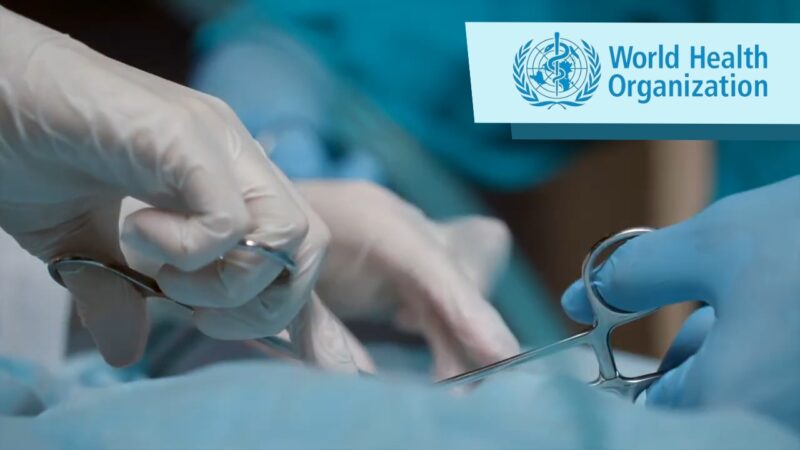
The IAAS also works with international health organizations to promote the adoption of ambulatory surgery. The association collaborates with organizations like the World Health Organization (WHO) to incorporate ambulatory surgery into global health strategies.
By influencing these organizations, the IAAS helps to ensure that ambulatory surgery is recognized as a key component of global health. This recognition has led to increased support for ambulatory surgery from international health organizations, further promoting the growth of ambulatory surgery worldwide.
Collaboration with Other Organizations
The association works with a variety of other organizations to promote the advancement of ambulatory surgery. These collaborations allow the IAAS to leverage the resources and expertise of other organizations. They also enable the association to reach a wider audience and have a greater impact on global health.
Partnerships for Research
The IAAS partners with other organizations to conduct research on ambulatory surgery. These partnerships allow the association to undertake larger and more complex research projects. Through these collaborations, the IAAS has been able to contribute to the body of knowledge on ambulatory surgery.
The research produced through these partnerships helps to identify best practices and improve the quality of care in ambulatory surgery.
Working with Professional Associations
The IAAS also collaborates with professional associations in the healthcare field. These collaborations help to promote the adoption of ambulatory surgery among healthcare professionals. By working with these associations, the IAAS is able to reach a large number of healthcare providers and influence their practice.
This helps to increase the use of ambulatory surgery and improve the quality of surgical care.
Educational Initiatives and Training Programs
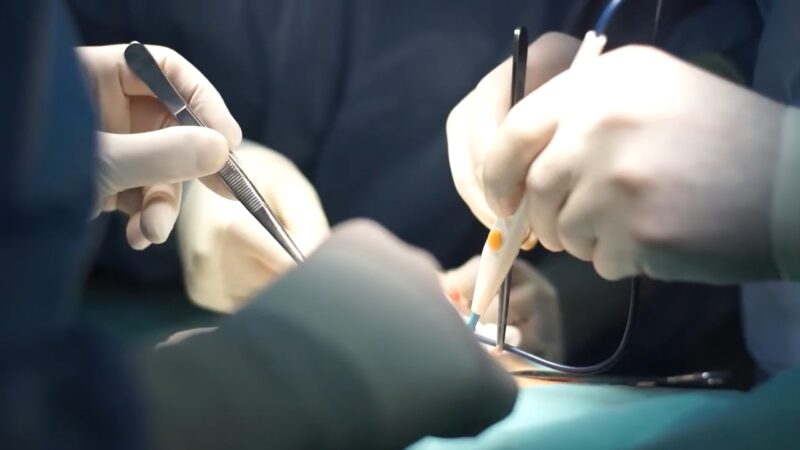
Apart from advocacy and research, the IAAS plays a significant role in educational initiatives and training programs pertaining to ambulatory surgery. The association recognizes the need for specialized training for healthcare providers in this field to ensure the provision of high-quality care.
The IAAS collaborates with educational institutions and other organizations to develop curriculum and training modules for healthcare providers. These educational initiatives are aimed at enhancing the knowledge and skills of healthcare providers in ambulatory surgery, thereby improving patient outcomes.
Engagement in Health Technology Assessment
The IAAS is actively involved in health technology assessments (HTAs) for ambulatory surgery. HTAs are critical for evaluating the safety, clinical efficacy, cost-effectiveness, and social and ethical implications of health technologies.
By participating in HTAs, the IAAS contributes to making informed decisions about the adoption of new technologies in ambulatory surgery. This helps in promoting the use of effective and efficient technologies, which can improve the quality of care and patient outcomes.
Promoting Patient Education and Engagement
The IAAS believes in the importance of patient education and engagement. It works towards promoting awareness among patients about ambulatory surgery and its benefits. By providing reliable and easy-to-understand information, the IAAS helps patients make informed decisions about their surgical care.
Patient education also increases patient satisfaction and adherence to post-surgical instructions, thereby improving surgical outcomes.
The Future of IAAS’s Impact
With its continued efforts, the IAAS aims to further strengthen the impact on healthcare policy. It envisions a future where ambulatory surgery is a cornerstone of surgical care across the globe, providing patients with efficient, high-quality, and cost-effective care.
Through its various programs and initiatives, the IAAS will continue to influence policies, advocate for support, and collaborate with multiple organizations. It aims to ensure that ambulatory surgery remains at the forefront of healthcare discussions and that the benefits it offers are widely recognized and utilized.
FAQs:
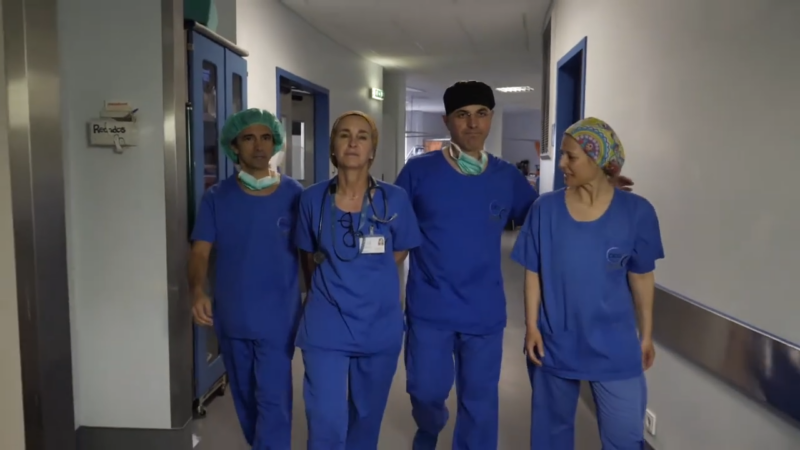
How can I stay updated on the activities of the IAAS?
Updates on the IAAS’s activities can be found on their official website, through their electronic journal, or by attending their biennial congress.
What are the benefits of ambulatory surgery?
Ambulatory surgery typically results in less postoperative discomfort, reduced risk of hospital-acquired infections, quicker recovery, and lower costs.
How does the IAAS promote ambulatory surgery?
The IAAS promotes ambulatory surgery through its biennial congress, electronic journal, and the sharing of research and best practices among its members.
What is the structure of the association?
The IAAS is run by an active General Assembly formed by representatives from each of the member countries. Full Members may send two delegates to the annual General Assembly meeting.
How can healthcare professionals get involved?
Healthcare professionals can get involved with the IAAS by becoming members, attending their congress, or contributing to their journal.
Conclusion
To sum up, the International Association for Ambulatory Surgery plays an essential role in shaping healthcare policies, especially in the realm of ambulatory surgery.
By advocating for policy changes, collaborating with international health organizations, partnering for research, conducting educational initiatives, and participating in health technology assessments, the IAAS has considerably impacted global health.
The IAAS’s commitment to promoting patient education further ensures that patients are well-informed and confident in their healthcare decisions. Moving forward, the IAAS will undoubtedly continue its invaluable work, striving for a future where ambulatory surgery is not just an option but a cornerstone of global surgical care.
